California Advocates Search for Solutions to Protect Unaccompanied Minors
Advocates in California are exploring new ways to prepare for a wave of unaccompanied children entering the United States as the Biden administration scrambles to find proper care for hundreds of new arrivals each day. The administration has come under increasing scrutiny in recent weeks from advocates decrying the use of influx shelters and prison-like facilities used to house minors.
California receives more unaccompanied children than any other state in the country, with an estimated 30,000 children being released to sponsors in the state since 2014. The recent wave of unaccompanied minors means the state is likely to receive hundreds of new arrivals, with the federal government planning to open an emergency shelter in Long Beach to house up to 1,000 immigrant children.
The Long Beach City Council voted unanimously to allow the city to lease a convention center to the federal government to house minors as young as three years old. The move has sparked a debate, with some viewing the move as a sign of “welcoming” immigrant children, while critics, including immigration activists, have questioned whether such facilities are humane.
“In spite of purporting to try to provide an alternative to the kids in cages, the city is becoming complicit in the warehousing of children,” Lauren Heidbrink, an assistant professor at Cal State Long Beach, said in an interview with the LA Times. “While there is a Democratic president and a Democratic administration in Long Beach, from the perspective of migrant children, they continue to experience more of the same — family separation and detention.”
Gaby Hernandez, with the Long Beach Immigrant Rights Coalition, was also critical of the move, telling the Times, “What we are hearing is we should just be fine that this is a better choice than what we are seeing right now — which is kids in cages on the floor...We shouldn’t have to pick between those two bad choices.”
The criticism in California comes as more than 180 organizations signed a letter to the federal government criticizing the use of “influx facilities” and demanding a more humane solution with respect to relocating unaccompanied children.
While federal authorities search for locations in various states to house immigrant children, advocates in California are exploring policy solutions that offer increased protections for this vulnerable population.
One strategy pursued by advocates is pushing for greater oversight by the state of California for unaccompanied minors placed in the care of state-licensed facilities. Unaccompanied minors who are not able to be reunited with family are often placed in long-term foster care. The federal government is required to find foster homes that are licensed by the state in which they are located. As a result, states can exercise a certain degree of oversight over the conditions of care for unaccompanied children.
AB 1140, by Assemblymember Robert Rivas (D-Hollister), is a state bill that seeks to ensure uniform and clear oversight for unaccompanied minors in state-licensed facilities. The bill focuses on the role the California Office of the Foster Care Ombudsperson can play in offering protection to unaccompanied minors in foster facilities.
“Thousands of unaccompanied children cross our border fleeing poverty and violence, and many of them are temporarily taken into federal custody in state-licensed childcare facilities,” Asm. Rivas said in a press release introducing the bill. “California’s foster care system lacks explicit protections for unaccompanied immigrant children, which leaves them particularly vulnerable. AB 1140 addresses this vulnerability and guarantees that this group of children will not be overlooked and underserved by the State during a time of desperate need.”
Some key examples of how the Ombudsperson’s can assist unaccompanied children through AB 1140 include:
Investigating complaints made by or on behalf of unaccompanied children about treatment in state-licensed childcare settings
Educating childcare program staff about their state licensing obligations and children’s personal rights under California state law
Ensuring that children can exercise their right to communicate with family members, including children, co-parents, and their own parents
Ensuring children have access to resources in their own languages
Assisting children with finding flexible and alternative educational options suitable for their specific needs
The bill is an example of important ways in which advocates can leverage state resources and infrastructure to address immigration issues and protect unaccompanied children. The bill also serves as a potential model for other states to follow as they prepare to receive and house unaccompanied children.
The bill recently passed the Assembly Judiciary and Health and Human Services Committees and is set to be heard on the Assembly floor before moving to the California Senate. The bill is co-sponsored by Immigrant Defense Advocates, along with Kids in Need of Defense (KIND), Youth Law Center (YLC), Legal Services for Children (LSC), Vera Institute of Justice, and National Center for Youth Law.
“Even though immigration is a federal issue, we have to ensure that as a state, we’re setting the national example when it comes to protecting our children, even our undocumented immigrant children,” Rivas said in an interview with the Sacramento Bee.

